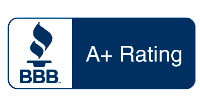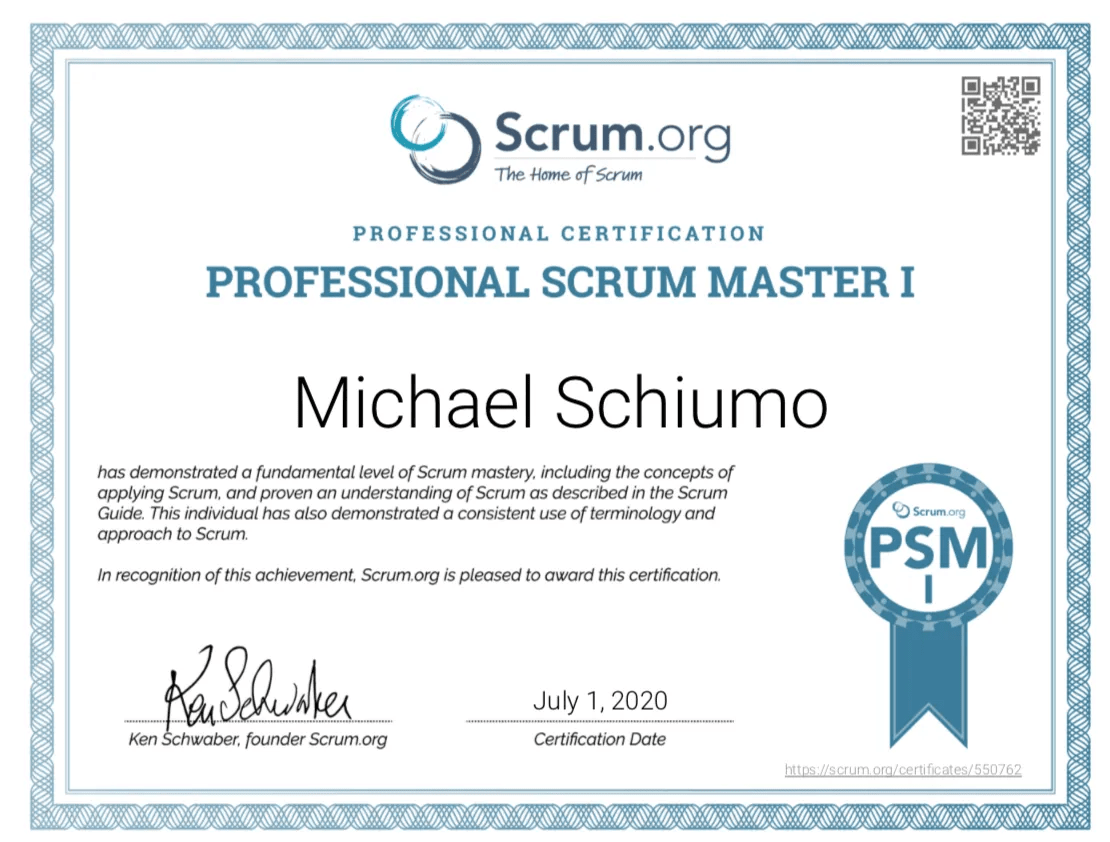Professional Scrum Master (PSM1) Training & Certification
Professional Scrum Master™ (PSM) is an interactive, activity-based course where students gain a strong understanding of Professional Scrum and the role of the Scrum Master.
Through a combination of discussion and exercises, students develop a deep understanding of the underlying principles of Scrum and the Agile mindset while learning the practices applied by successful Scrum Teams.
The course also includes a free attempt at the globally recognized Professional Scrum Master I
(PSM I) certification exam.
Years in IT training industry
IT professional Trained
Countries
Bootcamps
- TRUSTED BY -










- PSM1 Certification Training Course Key Features -
- 16 Hours (2 days) Live Virtual Class Program
- Delivered by PSTs
- 16 PDUs and SEUs
- Role plays, Games, & Simulations
- Scrum.Org Exam Fee Included
- Life Time Membership with Scrum.Org
- Upcoming Live BOOTCAMP CALENDAR -
Upcoming Live Classes
| 09:00 AM to 05:00PM(BST) | Weekdays | April 10 2024 -April 11 2024 | Live Online | ENROLL NOW | INQUIRY NOW |
April 10 2024 -April 11 2024
-🎯 Who Should Attend? -
- Aspiring Scrum Masters
- Project Managers transitioning to Agile
- Agile Practitioners seeking certification
- Anyone passionate about Agile methodologies and project management
-What you will learn in this Course -
• Understand the theory and principles behind Scrum and empiricism
• Understand how each part of the Scrum framework ties back to the principles and theory
• Understand uncertainty and complexity in product delivery
• Understand the meaning and importance of the Scrum values
• Learn what Done means and why it is crucial to transparency
• Know how to use the Product Backlog to plan with agility
• Understand the importance of self-managing teams, interpersonal skills needed, and the Scrum Master role
• Clarify the leadership role a Scrum Master plays on the team
• Learn the skills and traits and behavior shifts required to be a Scrum Master.
- Career benefits with PSM1 certification -
Professionals in the United States who hold a Professional Scrum Master certification make an average salary of $90,746. In addition to giving you an advantage over your competition, the PSM course credential establishes concrete evidence of your potential as a scrum master.
Given below is the list of various Scrum certifications that a Professional Scrum Master can take to upskill his/her career.
- Professional Scrum Master II
- Professional Scrum Master III
Businesses like Philips, Honeywell, Siemens, Capgemini, and Intel all look for PSM certification.
Some specific jobs and duties must be carried out to succeed as a Scrum Master. The main duties and roles of a scrum master are as follows:
- Encourage self-organization by serving as a facilitator and servant leader.
- Remove barriers so that the team can concentrate more on its job and adhere to Scrum principles.
- Defend the group from distractions both inside and outside the group.
- Make sure the team's interaction with the product owner and other team members is positive.
Scrum Master is a rewarding job choice, yes. The next natural step after becoming a project manager or agile coach is to become a scrum master. To become a Scrum Master, however, you should first become familiar with the fundamentals of agile if you are new to it.
The Professional Scrum Master™ certification is globally recognized as a testament to your proficiency in Scrum principles and practices. Whether you’re a seasoned Scrum practitioner or just beginning your Agile journey, PSM I certification provides tangible benefits:
Validation of Expertise: Demonstrate your understanding of Scrum framework, roles, events, and artifacts, ensuring you’re equipped to drive successful Agile projects.
Career Advancement: PSM I certification enhances your marketability and opens doors to new career opportunities in Agile organizations worldwide.
Increased Effectiveness: Gain insights into Scrum practices that enhance team collaboration, productivity, and project success rates.
- Why Choose Us? -
Expert Trainers: Learn from certified Agile coaches and practitioners with extensive industry experience.
Interactive Learning: Engage in hands-on exercises, case studies, and group discussions for effective learning and retention.
Flexible Learning Options: Choose from in-person workshops or convenient online sessions to fit your schedule.
Comprehensive Study Materials: Access to study guides, practice exams, and supplementary resources to reinforce your learning.
Post-Course Support: Continued support and guidance even after completing the course, including exam preparation tips and resources.
-MEET YOUR INSTRUCTIOR -
- PSM1 Certification Sample -

- Success Stories -
- FAQ -
Exam Name: PSM1 Certification
Exam Cost: Included in course fees.
Exam Format: Multiple Choice, Multiple Answer, True/False
Total Questions: 80 Questions
Exam Duration: 1 Hour (60 Minutes)
Passing score: 85%
Languages: English
After a month from the first try, the candidate may take the PSM certification exam once again. The exam will be void if you take it before the end of the month.
The exponential expansion of Scrum and the expanding Scrum adoption in 65% of IT organisations worldwide point to the demand for Professional Scrum Masters who can streamline the execution of challenging projects. Your industry identity as an Agilist who can lead projects to successful execution is strengthened by a PSM certification from any Global PTN (Professional Training Network).
A Professional Scrum Trainer (PST) leads a Professional Scrum Masters (PSM) training class where participants learn the terms, procedures, and values of Scrum so they can participate in Scrum teams or as Scrum Masters. This certification is the first step toward a fruitful Agile career.
The right application of Scrum concepts and methodologies, according to Scrum.org, increases the likelihood that a project will succeed overall. You can operate as a "servant leader," going above and beyond the role of a typical project manager, by grasping the principles, applications, and values. This will assist your organisation to accomplish important objectives.
Agile is a way of thinking about how to develop software. Among other Agile frameworks like Kanban and Extreme Programming, Scrum is the most popular.
When the "Manifesto for Agile Software Development" was written in 2001, the term "agile" was first used. Together with 15 other people who shared a similar philosophy of how to approach software development, the writers included the two people who invented the Scrum framework.

